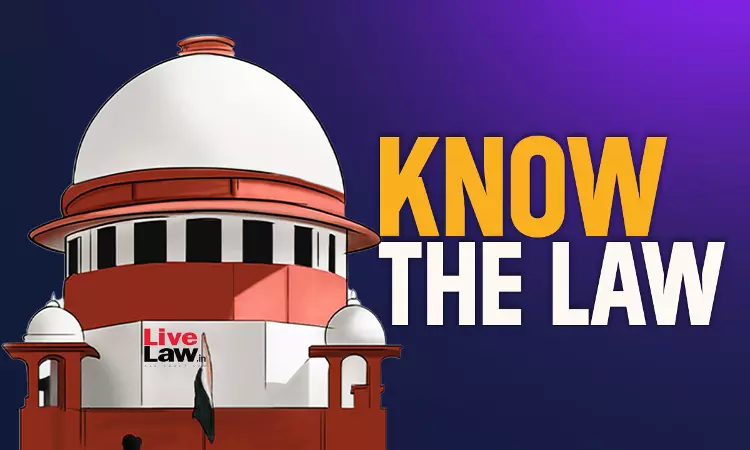Principles Relating To Section 195 CrPC : Supreme Court Summarises
LIVELAW NEWS NETWORK
21 Nov 2024 9:15 AM IST

Next Story
21 Nov 2024 9:15 AM IST
In a recent judgment, the Supreme Court summarised the principles relating to Section 195 of the Code of Criminal Procedure.This provision lays down the conditions for taking cognizance for contempt of lawful authority of public servants, for offences against public justice and for offences relating to documents given in evidenceA bench comprising Justices CT Ravikumar and Sanjay Karol culled...
